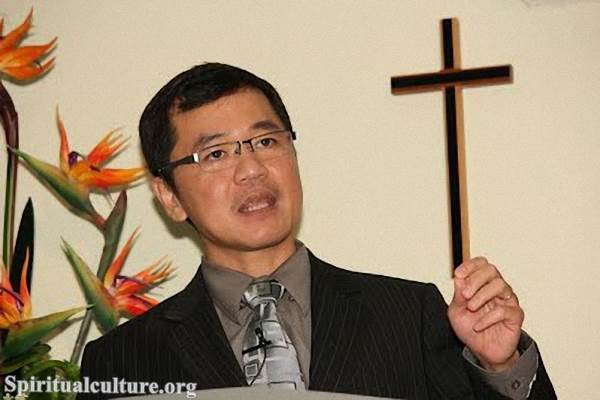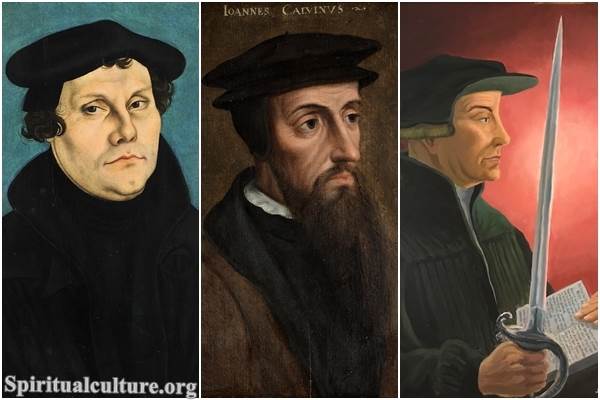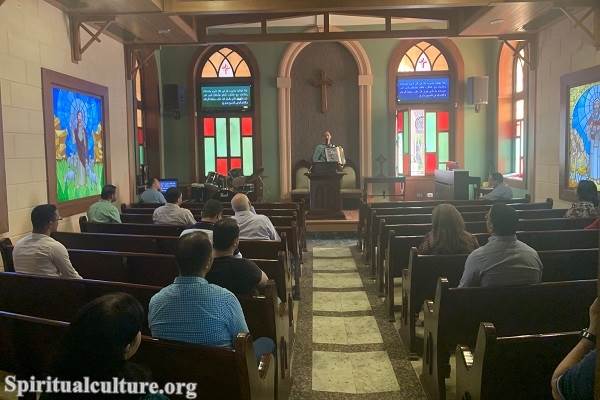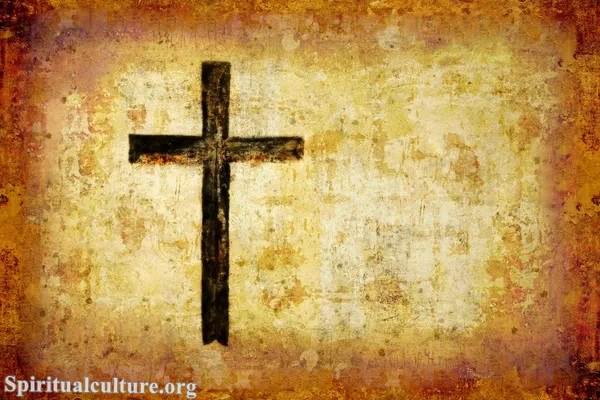Protestantism is a diverse and multifaceted movement, and no one leader or authority represents all Protestants. Instead, each denomination or church has its leadership structure and decision-making processes.
Protestantism is a diverse group of Christian denominations that includes many different churches, each with its structure and leadership.
There is no one leader of all Protestants or even of all Protestant denominations. Instead, each Protestant denomination or church has its hierarchy of leadership, which may include bishops, pastors, elders, and other officials.

Some Protestant denominations, such as the Lutheran and Presbyterian churches, have a system of bishops who oversee the church’s work in a particular region or country.
Other denominations, such as the Baptist and Methodist churches, may have a more decentralized structure with individual pastors or elders leading local congregations.
Some Protestant denominations, such as the Anglican, Lutheran, and Presbyterian churches, have a hierarchical structure with bishops or other leaders overseeing the church’s work at the regional or national level. Other denominations, such as the Baptist, Methodist, and Pentecostal churches, may have a more decentralized structure with individual pastors or elders leading local congregations.
Protestant churches generally emphasize the authority of the Bible and the priesthood of all believers, which means that all believers have direct access to God through their faith and do not need to go through a priest or other intermediary. Protestantism also emphasizes the importance of a personal relationship with God and the authority of each individual’s conscience in interpreting the Bible.
Protestantism is a diverse and multifaceted movement, and no one leader or authority represents all Protestants. Instead, each denomination or church has its leadership structure and decision-making processes.




